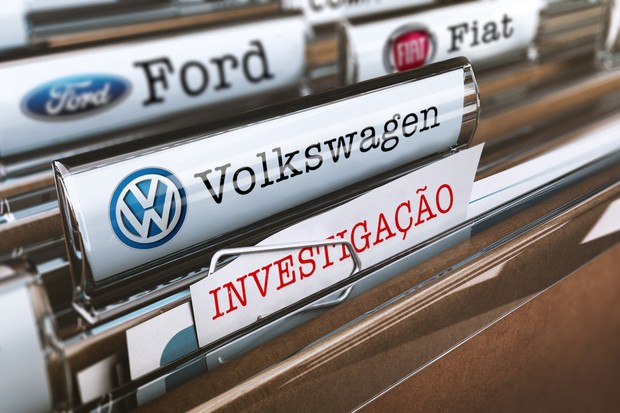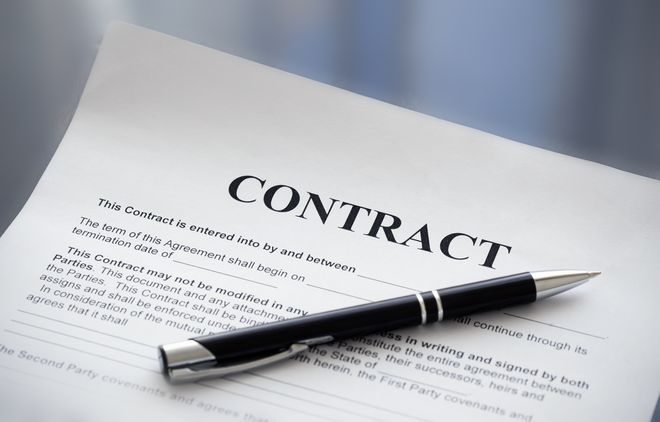The time to have a patent in Brazil can take up to 11 years, exactly, 11 years of waiting to have a response from a vital organ to the technological development of our country, to encourage innovation, to increase the investments of the initiative private sector, which would certainly increase employment and the social development.
Today the Brazilian Patent and Trademark Office (Instituto Nacional da Propriedade Industrial – INPI) has 260 researchers responsibles to analyze all the applications filed, an average of almost a thousand processes for each examiner, since the Institute already has about 242 thousand processes to be analyzed.
It is known that the lack of structure is a chronic problem, that can be worse with the economic crisis if the government decides to cut more resources. In the United States, for example, there are about 6,000 examiners, which reduces the exams to about two years. In Brazil, we should have a much stronger structure, once the official fees paid by the applicants to process the services provided by the INPI has a contractual nature, that is, the amounts collected should be totally redirected to the INPI by the Federal Government. However, It is not what happens, since the majority of the amount paid by the applicants is dissolved in public accounts.
This situation creates a big discredit to our country, since the companies that could invest much more, or even those that could begin to invest in research and development, are discouraged by the inefficiency of the Institute, certainly that the development necessarily goes through a fast and hard system of industrial property protection, since technological evolution takes place quickly and competition does not allow this speed to decrease.
This way, one of the ways to speed up the national development is, without doubt, the massive investment in INPI through solid policies created by our government, stimulating more innovation and technology to our country and, as an inevitable reflection of this Policy, we will see an increase of several sectors of our economy, and as a consequence will stop buying international technology to use the technologies developed here, helping reduce the cost Brazil, making us more competitive in the international market.
Another relevant aspect, we have to express our criticism to those who consider it a monopoly and would be a market reserve.
Both expressions, monopoly and the market reserve, are covered by the idea of one who carries on an activity without any competitor or competitor without any other solution being given to the problem being solved by those who exercise the monopoly or the market reserve, this situation is prohibited by our competitive legislation and inspected by the Brazilian Administrative Council for Economic Defense, an agency of the government and often referred to as CADE.
In this sense, it is worth to clarify that patent is the exclusive exploitation that the State confers on the individual that brings to the general knowledge a certain technology, an innovation, through its individual capacity, intellectual or financial, but this particular deserves the privilege of exploitation as he spent part of his time and money to bring society an improvement, which would not be the case if we depended on a system of sharing.
Patent is also a source of innovation, in the way that it has the complete presentation of its innovation to society, its literature will be the source of studies and improvements, making possible new patents and even more innovation. Patent does not mean monopoly, because it does not protect the technological solution, but the way in which the solution was given, and it is still possible to have numerous solutions to the same problem that patent has solved. When Thomas Edison invented the incandescent lamp, other forms of lighting already existed and many others were created, being numerous objects of patent, that is, also stimulated the competition giving us immeasurable benefits.
In this way, we have verified that a hard system of protection of industrial property, efficient and fast, stimulates social evolution through innovation, contributing to competition and bringing new opportunities to strengthen our country and our companies in the international scenario. For this reason, it is clear that we can not agree with what is going through the INPI, requiring a restructuring of the structure so that we have more credibility in relation to the protection of industrial property and achieve the solid system that we believe that will be able to help us.
Pedro Zardo Júnior
Attorney at law
Senior associate – Head of the litigation team in Peduti







